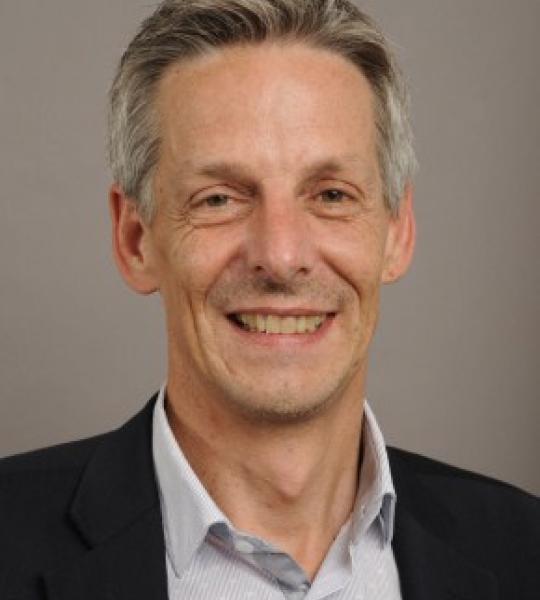Over decades of violence between state, paramilitary and guerillas, the Mennonite church in Colombia has been working in the affected regions, accompanying victims, denouncing violence and calling for peace. Now a Mennonite has been appointed to represent the World Council of Churches (WCC) in government peace talks.
The peace process signed in 2016 continues to advance. New president Gustavo Petro drafted a “Total Peace” policy to end armed conflict, improve public security in the countryside and increase rural development. His reforms include several Roundtables of Dialogue between the government and Ejército de Liberación Nacional (national liberation army).
The World Council of Churches has been invited into that process (as an observer). WCC appointed Mennonite theologian Fernando Enns from Brazil and Germany as one of their representatives.

“Although Mennonites from Germany and the Netherlands are among the smallest member churches in terms of numbers, the international fellowship of churches honours our strong ‘peace with justice’ witness through the decades,” says Fernando Enns. “Mennonites represent an unbiased commitment to a Christian discipleship of non-violent peacebuilding and reconciliation. We bear a great responsibility here.”
“The appointment of Mennonite peace scholar Fernando Enns as the WCC representative is an acknowledgement of the theological and practical gifts of peacemaking that Anabaptist-Mennonites bring to the worldwide church and a recognition of the enormous impact that Fernando’s ministry has had in the WCC for several years,” says MWC general secretary César García.
“My prayer is that the nominated international observers of the WCC (and the UN) will be able to strengthen and support the commitment to “peace for all” in Colombia. May we be able to critically monitor the path of justice towards a sustainable peace, so that the process does not degenerate to a cheap reconciliation. May we stay focussed on the most vulnerable; the poor, the marginalized, the disadvantaged,” says Fernando Enns.